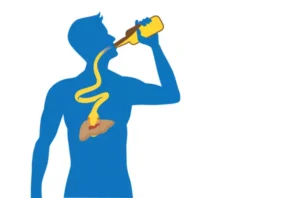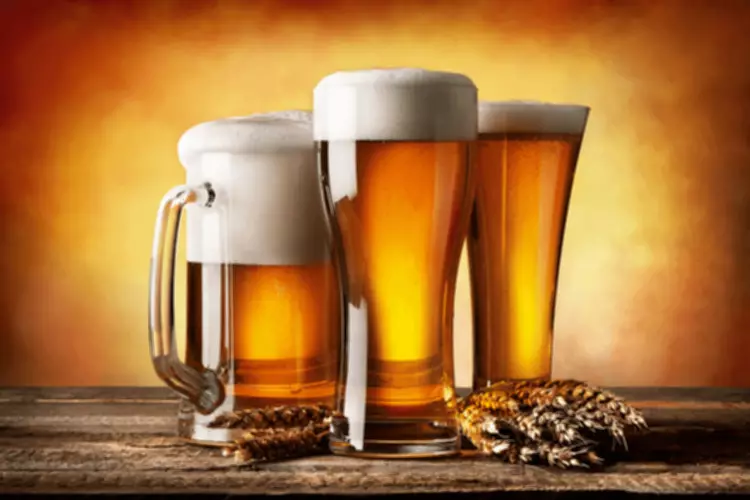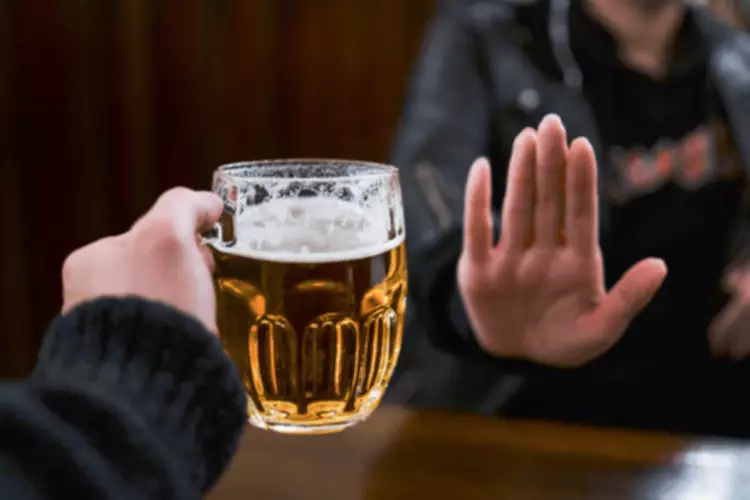
It is very easy for a child to assume that his parent may be exhibiting this kind of behaviour because of his mistakes or something that he didn’t do properly. This may not be true, but a child’s gentle mind can make all kinds of weird assumptions. It is often seen that a child tends to blame himself for his parents’ problems and the guilt may become worse as the child grows.

Support Groups and Online Resources

It’s essential for you to identify the signs of abuse and neglect in households with alcoholic parents. Some children of alcoholics may cope by taking the role of responsible “parents” within the family and among friends. They may become controlled, successful “overachievers” throughout school, and at the same time be emotionally isolated from other children and teachers. Early professional help is also important in preventing more serious problems for the child, including reducing risk for future alcoholism. Child and adolescent psychiatrists can diagnose and treat problems in children of alcoholics.
Children of Alcoholics: Growing Up with an Alcoholic Parent
In families affected by alcohol abuse, maintaining strong emotional ties and open communication can be challenging but is all the more critical. These factors can serve as a lifeline for children, offering them the emotional support and understanding they may not receive elsewhere. These family rituals provide a sense of stability, predictability, and emotional support that can be especially crucial for children growing up in otherwise turbulent environments. The rituals serve as anchors, helping children feel more secure and less anxious, despite the chaos that alcohol abuse may bring into the home. Parental monitoring involves setting rules for appropriate and inappropriate behaviors, consistently enforcing penalties for rule violations, and overseeing friendship and peer-group choices.
Introduction: The Challenges of Parenting with AUD
Second, reliance on what is Oxford House alcohol to manage stress or emotional pain can lead to more frequent and serious alcohol use, escalating the level of life stressors, such as poor academic performance or legal issues. Alcohol abuse doesn’t just strain emotional and interpersonal relationships within a family; it also puts a significant burden on the family’s financial stability. The persistent heavy use of alcohol can lead to job loss, making it difficult for the family to maintain a stable income. Even if job loss doesn’t occur, there are other financial repercussions such as missed days of work, alcohol-related medical costs, and the simple expense of purchasing alcohol regularly. Perhaps to avoid criticism or the anger of their parent with AUD, many children tend to become super-responsible or perfectionistic overachievers or workaholics.
Resources for Children of Alcoholics
- This can affect basic social skills, forming friendships or maintaining romantic relationships.
- Being a child of an alcoholic may be a lifelong battle for some children, but there are ways for them to cope with their parent’s substance use and learn to thrive as an adult.
- They also are at high risk for attention deficit/hyperactivity disorder, substance abuse and suicide.
- These may have been practical (like paying the bills) or emotional (like comforting your siblings when Mom and Dad fought).
- Approximately 50 percent will develop an alcohol addiction later on in their own life.
These issues end up affecting their relationships in childhood, adolescence, and adulthood. Children from alcoholic households carry their experiences with them for the rest of their lives. Even if a child has inherited genetic factors that predispose them to AUD, environment, lifestyle, and overall mental health all play a role. This deep-rooted anger may start affecting a child in more than one ways, and it https://ecosoberhouse.com/ may start affecting his performance in school, his friendships or his other dealings. You really can’t understand addiction as a child, so you blame yourself and feel “crazy” because your experiences didnt line up with what adults were telling you (namely that everything is fine and normal). If youre an adult child of an alcoholic, you feel different and disconnected.
Anxiety
Having a parent with alcohol use disorder as a child can have negative effects, such as your own issues with alcohol as an adult — but that’s not always the case. Erin L. George, MFT, holds a master’s degree in family therapy with a focus on group dynamics in high-risk families. As a court-appointed special advocate for children, she is dedicated to helping families rebuild relationships and improve their mental and behavioral health. Children of alcoholics often share common experiences such as feelings of shame, guilt, and insecurity, as well as challenges in coping with stress and trauma. In a family affected by addiction, codependency might manifest as a spouse continually making excuses for their partner’s alcohol abuse, covering up missed work or social events due to intoxication. This behavior enables the addiction by shielding the individual from facing consequences and seeking help.
- This financial instability adds another layer of stress to an already tense family environment.
- In other words, children may not know how normal people behave or act and for them being in an abusive life may be normal.
- All these behavioural traits may cause agitation and anxiety in a child’s mind.
- Get professional help from an online addiction and mental health counselor from BetterHelp.
- They may be more impulsive or emotionally driven and may act in various situations without putting much thought into it.
If you grew up in an alcoholic or addicted family, chances are it had a profound impact on you. The feelings, personality traits, and relationship patterns that you developed to cope with an alcoholic parent, come with you to work, romantic relationships, parenting, and friendships. They show up as anxiety, depression, substance abuse, stress, anger, and relationship problems. Growing up in a household where a parent has AUD has a lasting impact on the child’s social development and school performance. For example, children of alcoholic parents are more likely to be diagnosed with a conduct disorder, which can turn into an antisocial personality disorder if left untreated.
Seeking support from others who’ve been in your shoes is extremely helpful during the healing process. Thus, when a parent or primary caregiver has an AUD, the following online resources may be helpful for both children and parents. During conversations with the parent, it may be helpful to ensure they understand what treatment involves and the various options available. So consider pointing them to information on topics such as detox, outpatient, inpatient, aftercare, the admissions process, types of therapies, family treatment, and more. Bear in mind, the manner in which you approach this conversation is also important. So you might want to peruse information on how to talk to an alcoholic before you broach the topic.

How Children Are Affected By Parents With Alcohol Use Disorder
In families where alcohol abuse is prevalent, these crucial aspects of monitoring often fall by the wayside. The lack of alcoholic parent effect on child oversight can lead to adolescents making poor choices, including engaging in risky behaviors like substance abuse. Such erratic behavior can have long-term psychological impacts, affecting a child’s self-esteem and perception of self-competence. The inconsistency makes it difficult for the child to understand what to expect from their parents, leading to anxiety and insecurity. This lack of a stable environment can be particularly detrimental during adolescence, a period already fraught with emotional and psychological changes. Children of parents who misuse alcohol are at higher risk for anxiety, depression, and unexplained physical symptoms (internalizing behaviors).

The Child May Have Trust Issues
If one or more parents continue drinking heavily as the child is growing up, this can also have negative consequences. For information on how to find treatment for an alcohol use disorder, contact a treatment provider today. MentalHealth.com is a health technology company guiding people towards self-understanding and connection. The platform provides reliable resources, accessible services, and nurturing communities. Its purpose is to educate, support, and empower people in their pursuit of well-being.

.jpg)
.jpg)
.jpg)




